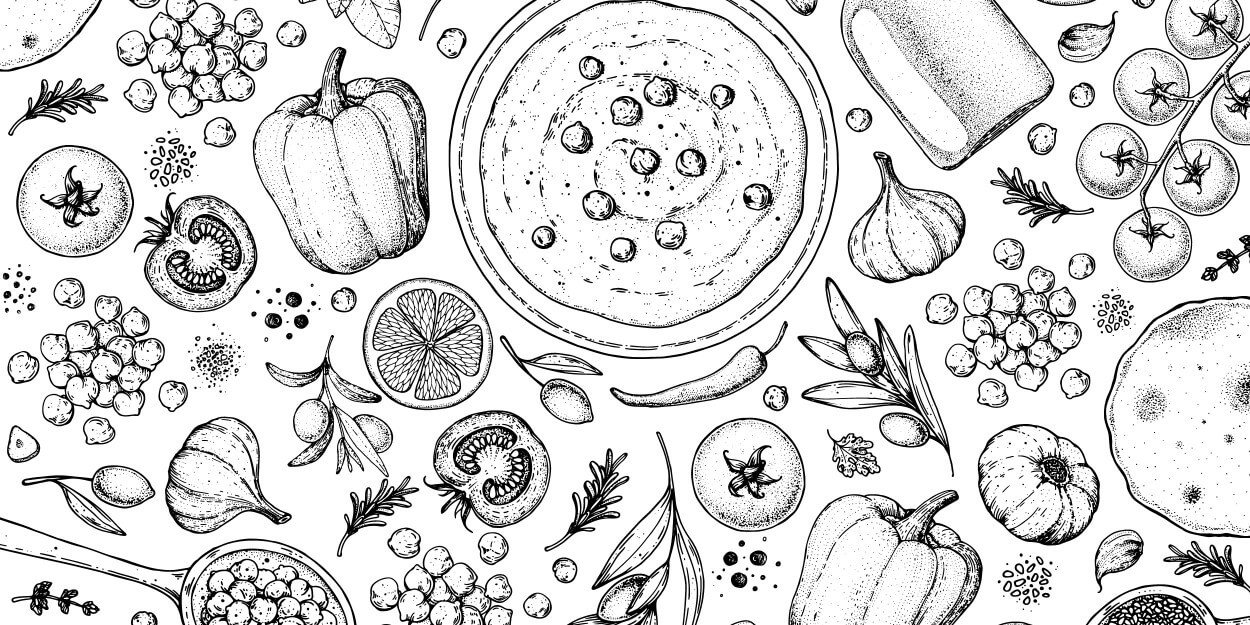Muslim consumers’ spend on food has witnessed a sustained momentum, and continues to be on the rise.
According to the State of the Global Islamic Economy (SGIE) Report 2023/24, Muslim consumers spent $1.4 trillion on food in 2022, increasing 9.6% from $1.28 trillion during a year-earlier period. Indonesia remains the largest market by spend. Egypt has moved up to second position, while Bangladesh occupies the third spot.
By 2027, Muslim consumer spend on food is forecast to reach $1.89 trillion, growing at a CAGR of 6.1%. However, it is imperative to note that these values represent holistic Muslim spending on food and beverages, not on ‘halal-certified’ products.
What is worth mentioning is that the spending momentum continued despite food prices remaining significantly higher in the aftermath of the Covid-19 pandemic. Investments in expanding food production across the OIC have also considerably increased, to counter changing climate patterns and supply chain risks.
In 2022/23, 44 deals related to halal food were recorded, with 30 disclosed deals amounting to $2.2 billion, down 44% year-on-year. Food delivery services and agri-tech received the most investor attention in 2022/23, with companies in Indonesia, the UAE, and Bangladesh accounting for the largest number of investments.
"Investors are keenly interested in food tech firms specializing in delivery services and agri-tech. The Middle East experiences heightened investment in industrial capabilities, driven by a commitment to ensuring food security. Moreover, there is a deliberate focus on localizing production to stimulate trade and foster industrial growth," says Iman Ali Liaqat, consultant at DinarStandard.
The SGIE Report detailed key trends, including key global brands entering OIC member countries – Brazil’s BRF established a JV with a subsidiary of Saudi’s PIF; Irish taste and nutrition company Kerry opened a new 21,500-square-foot state-of-the-art facility in Saudi Arabia; US-based Kraft Heinz reaffirmed its commitment to Indonesia with facility upgrades, sustainability pledges and exploration of meat replacement opportunities; while Al Amir Food Industries is set to invest $9.5 million into a new food production facility in Ras Al Khaimah.
In the wake of strengthening food security, governments across major halal-food-importing countries have doubled down efforts to improve self-sufficiency. Across the Gulf Cooperation Council (GCC), substantial investments have been made to localize farming, production, and food processing.
In the past 12 months, Abu Dhabi's Kezad group entered into a $272 million, 50-year land-lease deal with Al Ghurair Foods for three mega food processing projects, while Saudi Arabia’s Agricultural Development Fund signed financing contracts worth $246.8 million in the feed industry, animal production, and dairy sectors. Saudi Arabia’s PIF, too, is actively launching new food companies.
Non-OIC companies are also looking at grabbing a slice of the pie, adding halal food aisles and expanding stores, plus there is growing concentration on localizing production for better trade and industrial growth.
From a technological standpoint, the adoption of halal food delivery platforms and cloud kitchen models has seen an unprecedented surge. Autonomous food delivery robots are being piloted, 3D food printers are an emerging global trend and new flavors are being explored to provide a revitalizing experience and an adaptation to local cultures.
Trade-wise, OIC imports of halal food-related products increased 1.77% from 2021 to 2022, reaching $265.1 billion, while OIC-exports stood at $179.6 billion. It is forecasted that the import figure will rise to $368.3 billion in 2027.
Indonesia, Malaysia and Turkiye stood out as top three OIC food importers, while Brazil, India, and the US were top three exporters to OIC.
Across the food ecosystem, initiatives are underway to improve halal certification processes and traceability. Notably, Saudi Arabia and Malaysia are harnessing blockchain technology to enable consumers to trace the origins of food and beverages. The kingdom is also looking at increased acceptance of cultivated meat's halal compliance. Non-OIC countries are actively considering halal labeling and regulations.
"Bilateral trade agreements, like the ASEAN deal, open new opportunities for the halal product trade sector. Promising prospects for halal trade expansion arise from East Asian and South African halal-certified meat," says Liaqat.
The SGIE Report has also outlined key signals of opportunity, which include halal certification of novel food, blockchain’s growing role to revolutionize halal food traceability, and hosting of climate conferences to accelerate the Middle East region’s clean energy initiatives and investments.
The State of the Global Islamic Economy Report 2023/24 produced by DinarStandard can be downloaded here.

